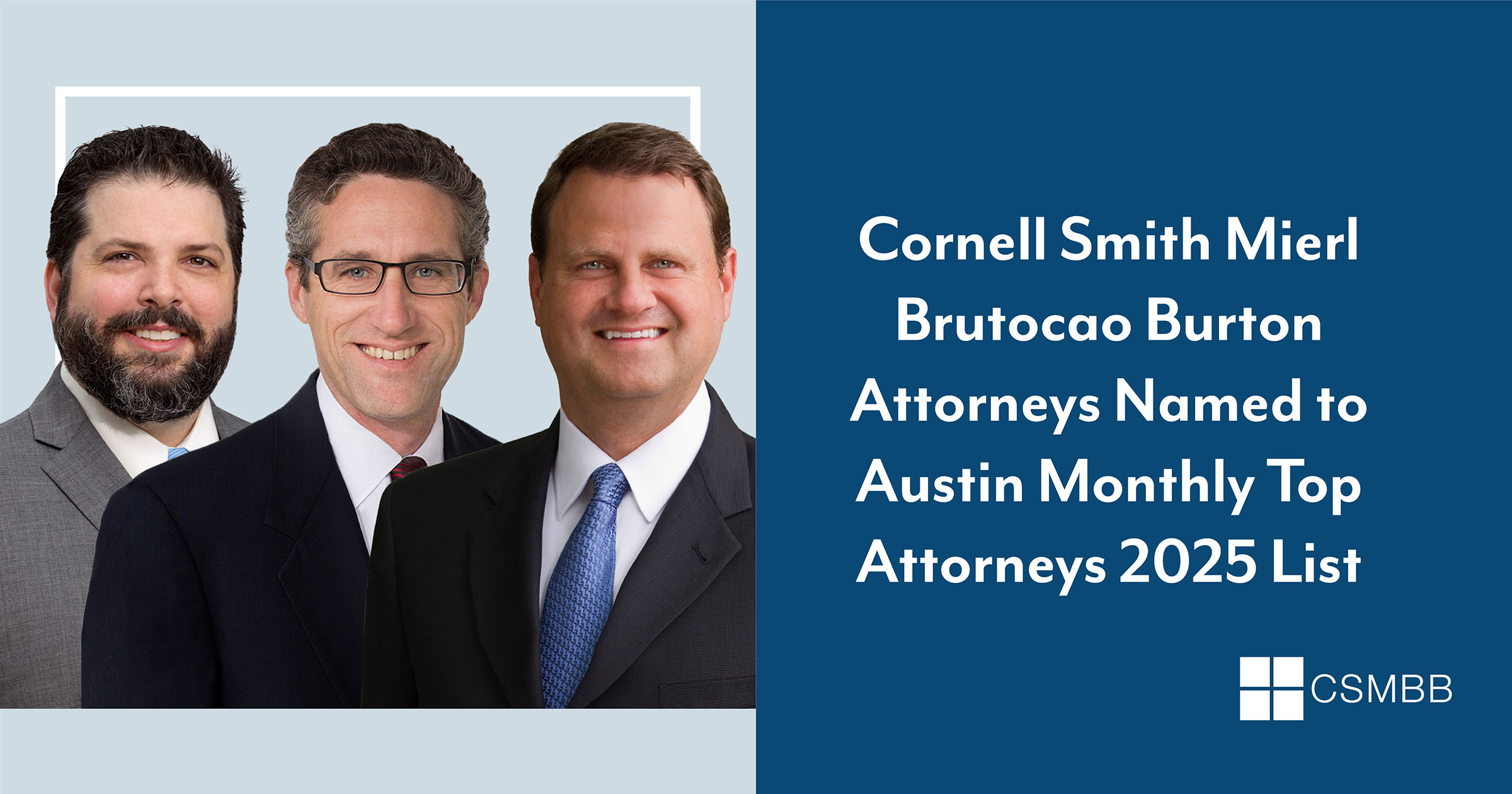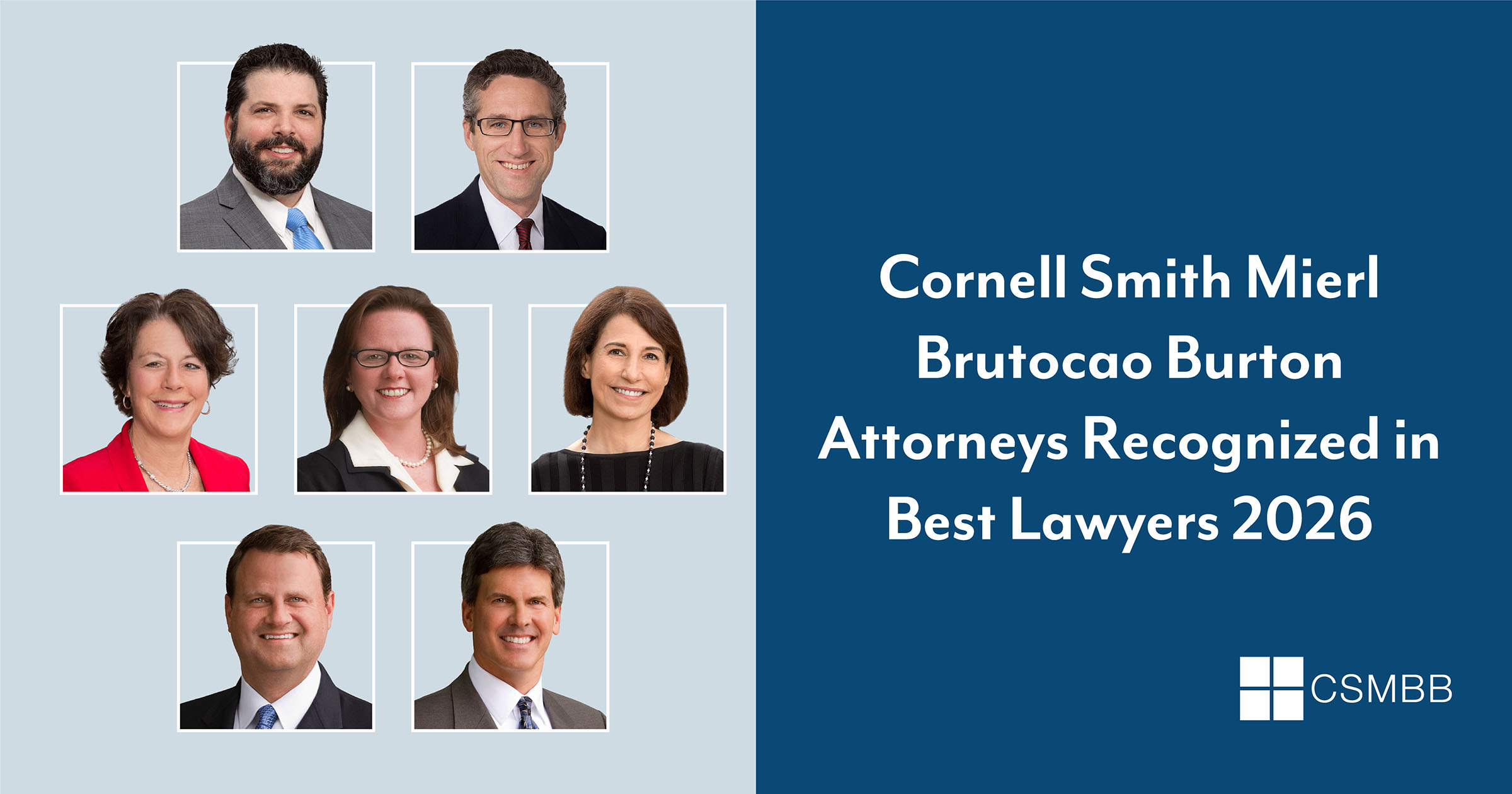Texas Judge Strikes Down DOL Salary Rule

For the second time in seven years, a federal court in Texas has struck down a U.S. Department of Labor (DOL) rule which increased the salary threshold in order for employees to qualify for FLSA exempt status. Under the now defunct DOL rule, the qualifying annual salary had increased to $43,888 as of July 1 and was set to go up to $58,656 next year. Now it will revert to the previous level of $35,568 per year.
On November 15, 2024, in State of Texas v. United States Dep’t of Labor, Judge Sean D. Jordan of the United States District Court for the Eastern District of Texas ruled that the DOL exceeded its rulemaking authority by raising the minimum salary for exemption as an executive, administrative, or professional (EAP) employee under the Fair Labor Standards Act.
Under the DOL’s rule, which was published in April 2024, the minimum salary for exemption as an EAP employee, with limited exceptions, increased from $684 per week ($35,568 annualized) to $844 per week ($43,888 annualized) effective July 1, 2024. A second increase would have raised the salary threshold to $1,128 per week ($58,656 annualized) effective January 1, 2025. The rule also increased the minimum total annual compensation level for exemption as a “highly compensated employee” (HCE)—one who customarily and regularly performs any one or more of the exempt duties or responsibilities of an EAP employee—from $107,432 to $132,964 effective July 1, 2024 and to $151,164 effective January 1, 2025. The rule also provided for automatic triennial increases in the minimum salary for exemption as an EAP employee and the minimum annual compensation level for exemption as an HCE, tied to current earnings data, beginning on July 1, 2027.
Judge Jordan’s ruling vacates the entire rule, including the increases that took effect in July 2024.
Remember 2016…
Employers may recall that in May 2016—during the last full year of the Obama administration—the DOL published a new overtime rule more than doubling the minimum salary for exemption as an EAP employee. That rule was slated to take effect on December 1, 2016 and included automatic triennial increases to begin in 2020. Less than two weeks before the rule was to take effect, Judge Amos L. Mazzant, III of the Eastern District of Texas enjoined that 2016 rule on a nationwide basis, and in August 2017, Judge Mazzant granted the plaintiffs’ motion for summary judgment, declaring the rule invalid and ending the case at the district court.
The rationale for striking the rule down was the same then and now. Judge Jordan, like Judge Mazzant before him, found that job duties—not salary—are what makes someone an EAP employee, and that by elevating salary over duties to such a meaningful degree, the DOL exceeded its Congressionally-delegated authority to “define” and “delimit” the EAP exemptions. As Judge Jordan pointed out, the January 2025 increase would have represented a 65% increase from the salary level in effect before the effective date of the 2024 rule, the effects of which would have been “staggering.” In the court’s words, the 2024 rule was “designed on [its] face to effectively displace the FLSA’s duties test with a predominate—if not exclusive—salary-level test,” and the DOL did not have the authority to make such “sweeping changes.”
In a new twist since the 2016 decision, Judge Jordan also relied on the Supreme Court’s July 2024 decision in Loper Bright Enterprises v. Raimondo, which overturned Chevron U.S.A., Inc. v. Natural Resources Defense Council, Inc. and eliminated the deference courts were required to accord to an administrative agency’s interpretation of a statute.
Be Mindful of Minimum Salary Rules Under State law
Certain states have minimum salaries for exemption that will continue to be materially higher than the minimum salary under federal law. In New York, for example, the minimum salary for exemption as an executive or administrative employee in New York City, Long Island, and Westchester County is currently $1,200 per week ($62,400 annualized), increasing to $1,237.50 per week ($64,350 annualized) on January 1, 2025. In California, exempt employees must earn no less than two times the State’s minimum wage for full-time work—currently, $66,560 a year—to meet the state’s EAP employee exemption test.
Takeaways for Employers
If this were a year ago, we would predict an immediate appeal from the DOL to the Fifth Circuit arguing that the 2024 rule should be reinstated. But with the change in administration coming in January, it seems highly unlikely the DOL will file an appeal or that the new administration will continue the fight. Barring unexpected events, employers can consider the 2024 DOL Rule to be gone.
It’s uncertain what a second-term Trump DOL will or won’t do on overtime. The 2019 rule raising the minimum salary for exemption from $455 to $684 was issued during President Trump’s first term, so it’s possible his administration would support some increase above $684.
What about employers that raised salaries to $844 per week this past summer to maintain the exempt status of some of their employees? They legally could roll those salaries back to where they were, but taking money away at this point could cause significant employee relations issues. More likely than not, many employers that can afford to do so will leave the increased salaries where they are and simply take the 2024 increases into consideration as they make future compensation decisions.






